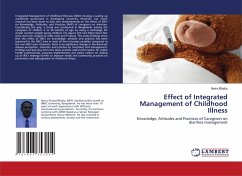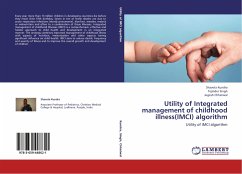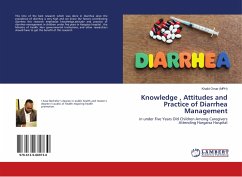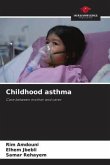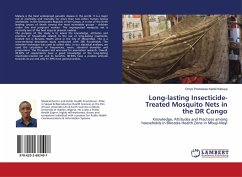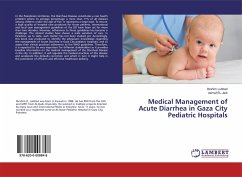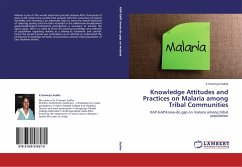Integrated Management of Childhood Illnesses (IMCI) strategy is scaling up worldwide particularly in developing countries. However, not much research has been done to look into predominantly on the effect of IMCI on Knowledge, Attitudes, and Practices (KAP) of caregivers on diarrhea. Considering this gap, a study was conducted in Bangladesh among the caregivers of children 2 to 59 months of age by using a multistage 30-cluster random sample survey method. Chi square test and Fisher Exact Test were done for analysis of odds ratio and P-values. The study findings show that the effect of IMCI on knowledge, attitude and practice has been improved in the IMCI area in most of the outcomes variables compared to the non-IMCI area. However, there is no significant change in the diarrheal disease perception, intention and practice on treatment and management. Findings and learning from this study provide useful information for public health professionals, program implementers and policy makers on scaling up of IMCI strategy further to improve family and community practices on prevention and management of childhood illness.
Bitte wählen Sie Ihr Anliegen aus.
Rechnungen
Retourenschein anfordern
Bestellstatus
Storno

